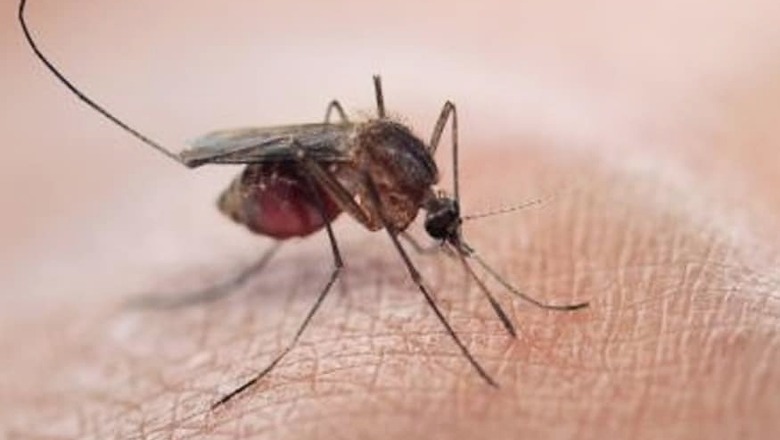
views
"The recurrent outbreaks of dengue, chikungunya, and Zika have created a large market for a variety of mosquito repellent and control products," says Immo Hansen, a scientist who studies insect-borne diseases at New Mexico State University.
"But in many cases, the claims made by the vendors of these products are exaggerated or outright false." Zika, dengue, chikungunya, malaria are all mosquito-borne monsoon diseases which typically occur in and around the tropical and sub-tropical countries.
According to a recent study by scientists at New Mexico State University, the number of repellent products available on Amazon has nearly doubled (from 13,000 products to around 25,000) in recent years.
This sheer number of options presents consumers with a double-edged sword: It's good to have choices, but it's not always easy to tell what works and what doesn't.
To help separate the good stuff from the not-so-good, we've compiled a quick list of products that you can skip.
Natural Repellents: It sounds like such a good idea: Use a "natural" mosquito repellent, with an active ingredient like clove or lemongrass or rosemary oil, and avoid the ones containing chemicals. But here's the problem: Natural repellents are regulated differently than other repellent products. The Environmental Protection Agency says that the chemicals they contain are harmless and the agency does not evaluate them for effectiveness. Because of that loophole, companies that sell those repellents don't have to prove that they actually work. And a test by Consumer Reports indicates that, in fact, they don't work.
Wristbands: These wearable repellent devices are marketed as being safer, because you don't have to rub anything on your skin. But Consumer Reports has tested wristband products and found them to be ineffective: When our testers stuck their arms into a cage full of mosquitoes while wearing one of two wristbands—the Coleman Naturals Insect Repellent Snap Band or the Super Band Wristband—the bugs started biting immediately. The Federal Trade Commission had fined another wristband maker, Viatek, for $300,000 for deceptive marketing of its Mosquito Shield Bands. The commission says the company's claims—that the bands protect against mosquitoes—were not backed up with scientific evidence.
Sonic Repellents: Ultrasonic devices claim to emit high-frequency sounds that are too high for humans to hear but are just the right frequency to drive pests, including mosquitoes, away. The trouble is, there's no proof that they work. New York Attorney General's Office reported, “Numerous scientific studies show that [these devices] don't repel mosquitoes and may even attract mosquitoes."
Clip-On Fans: Clip-on repellents may seem like a great idea, because they allow you to avoid rubbing chemicals directly onto your skin. But the Centers for Disease Control and Prevention (CDC) say that wearable foggers "have not been adequately evaluated for their efficacy in preventing vector-borne diseases."
Citronella Candles: Consumer Report tests of two area repellents—citronella candles and a battery-powered diffuser that blows out the chemical geraniol—showed they were ineffective at keeping mosquitoes away. In fact, an oscillating pedestal fan set on high even proved to work much better.




















Comments
0 comment